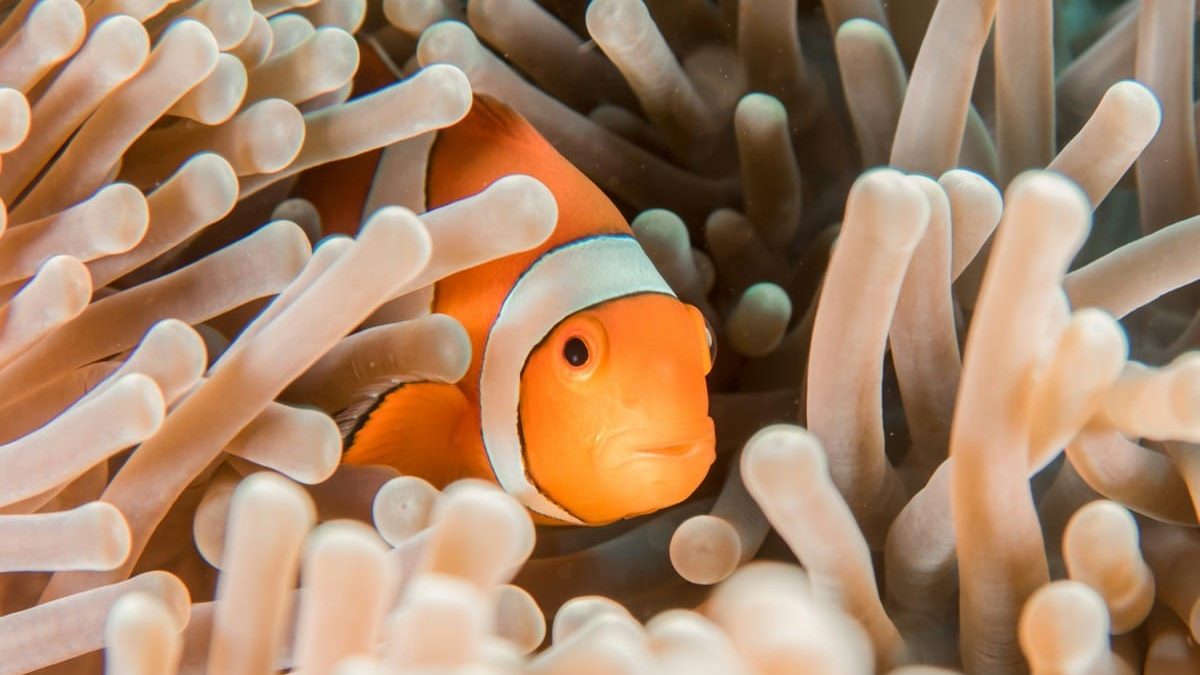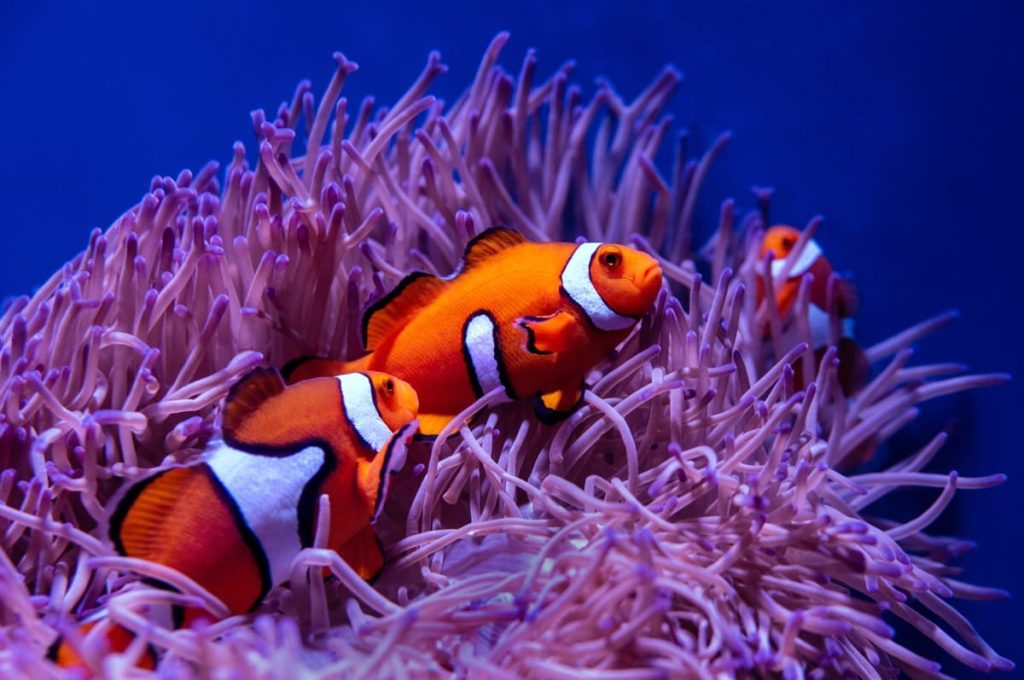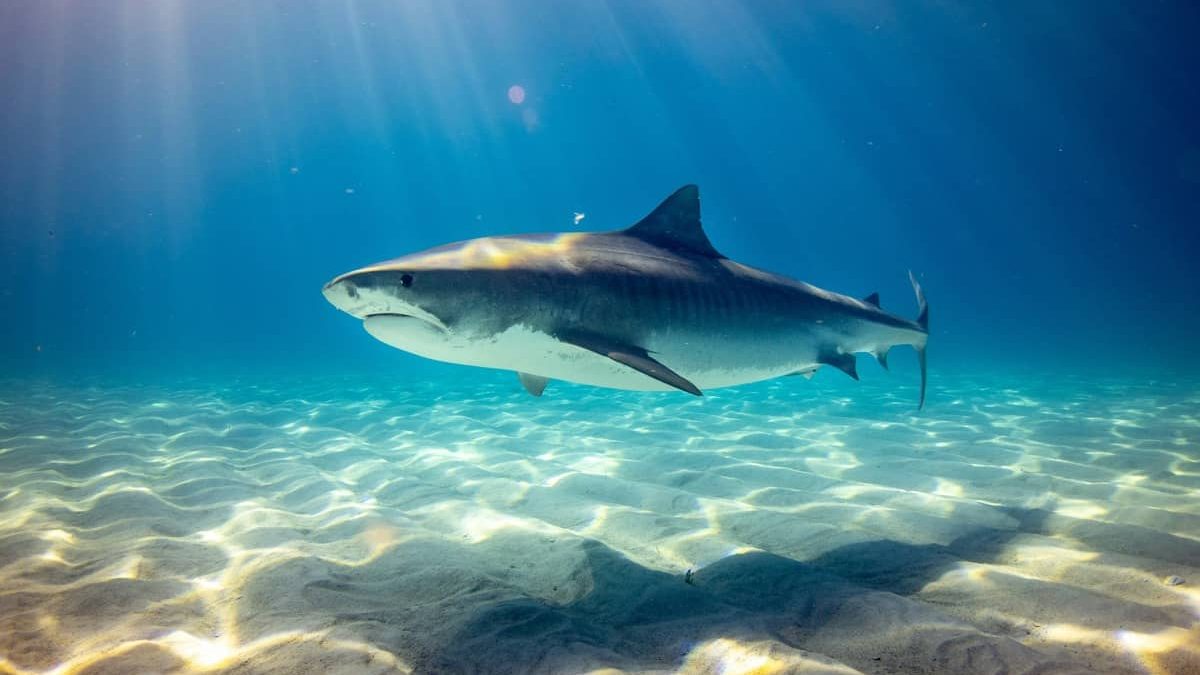
Where Do Clownfish Sleep?
Clownfish are some of the most popular saltwater fish in the world. They are known for their bright orange and white stripes, and their symbiotic relationship with anemones. But where do these adorable fish sleep?
Where Do Clownfish Sleep at Night?
Clownfish are nocturnal fish, which means they are most active at night. When it gets dark, they will find a safe place to sleep. Their favorite spot is usually among the tentacles of their host anemone. The anemone’s stinging tentacles protect the clownfish from predators, while the clownfish helps to keep the anemone clean and free of parasites.
In the Wild
In the wild, clownfish live in coral reefs. They spend their days swimming around the reef, eating algae and plankton. But at night, they return to their host anemone to sleep.
In the Winter
Clownfish live in tropical waters, where the temperature stays relatively constant year-round. So, they don’t really have a winter season in the same way that we do. However, the water temperature can vary slightly from season to season. When the water gets cooler, clownfish may spend more time snuggled up inside their host anemone to stay warm.

Sleeping Habits
Clownfish don’t sleep in the same way that humans do. They don’t have eyelids, so they can’t close their eyes. However, they do become less active at night. They may swim more slowly, and they may spend more time hiding among the tentacles of their host anemone.
Other Interesting Facts About Clownfish Sleep
- Clownfish are often monogamous, which means they mate for life. The dominant female in the pair is usually the one who sleeps closest to the center of the anemone, where she is the most protected.
- Clownfish can change their sex. If the dominant female dies, the largest male in the group will change into a female.
- Clownfish are very social fish. They often sleep in groups, huddled together for warmth and protection.
Conclusion
Clownfish are fascinating creatures with unique sleep habits. They sleep among the tentacles of their host anemone for protection, and they become less active at night. If you’re ever lucky enough to see a clownfish in the wild, be sure to watch it closely at night to see how it sleeps.



